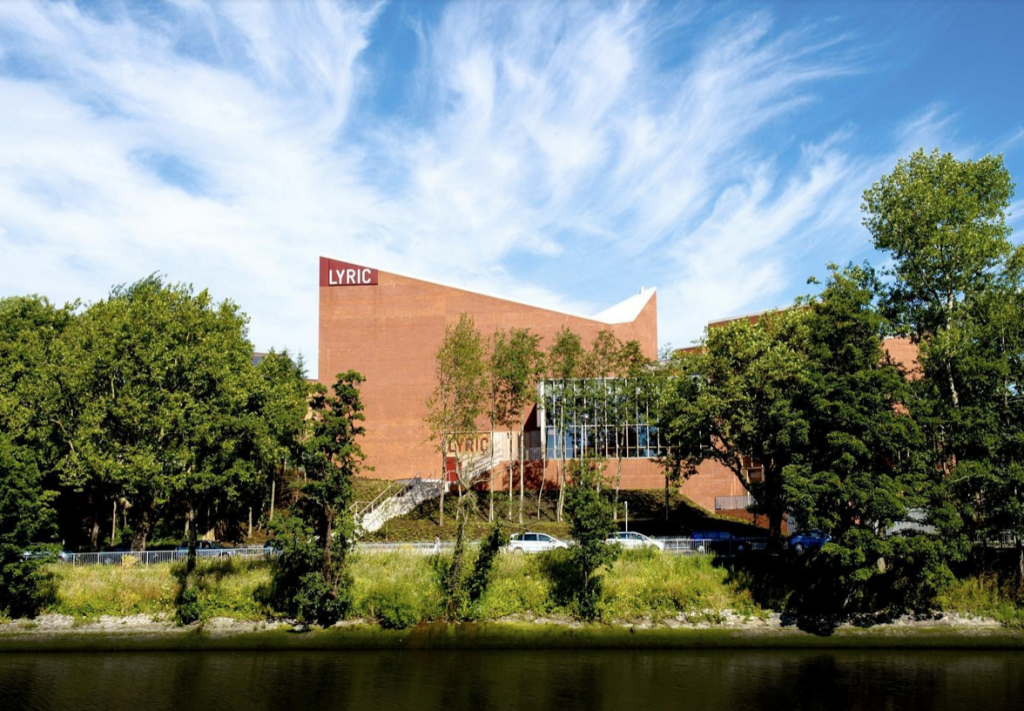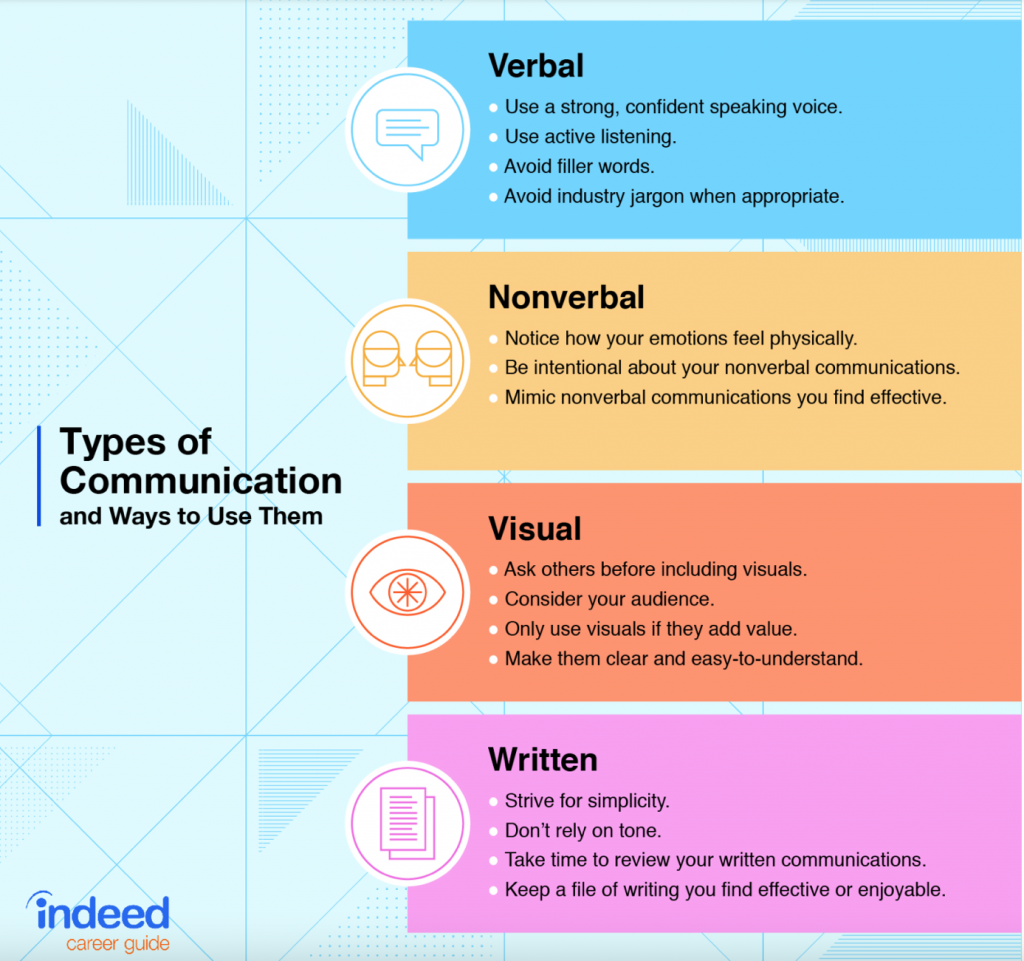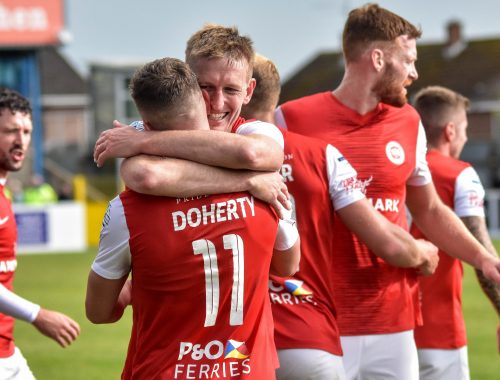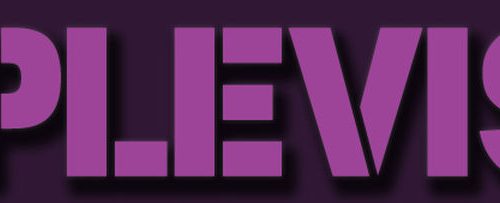Liam Neeson would be proud
After choosing the work placement module, I immediately began to think about where I would like to find a placement. I initially had the idea that I wanted to do my work experience somewhere different than the Lyric Theatre Belfast, as I have already worked there for a couple of years on the Front of House team. I felt that if I was to do my placement in the Lyric, I would not be challenging my self or learning any new skills. However, after discussing with my Manager and personal tutor, I decided to take the opportunity I already had right in front of me and look at it in a totally different light. After filling out the paperwork forms and discussing other areas I could be involved in during my placement such as events or creative learning, I knew I had made the right choice.

Once Upon A Time…
Back in 2019, little 18 year old Lauren, had just finished school and had absolutely no idea what to do with herself. I knew the main area I could see my self in would be anything involving the creative arts. After deciding to take a gap year, I discovered a FOH position being advertised for the Lyric Theatre Belfast. For anyone who does not know, the Lyric is Northern Ireland’s only self-producing theatre. It was established in 1951 by founders Mary and Pearse O’Malley, at the Derryvolgie Avenue. It then moved to its current location on Ridgeway Street in 1968, with a stunning rebuild in 2011. Below you can see Liam Neeson who is the Lyrics Patron! (hence the title)

Somehow, (thanks Julie) I got the job! I was quite anxious to join the team but after meeting the team of likeminded people, I felt at ease. The Lyric strives to be, “a creative hub for theatre-making, a safe space for nurturing talent and embodies an unwavering passion for creating meaningful connections through theatre and the arts”.

Fast forward three years
This brings us to now, where I am going to delve deeper through the use of Gibbs’ reflective model, in my official work placement experience thus far.

Description
I began my official work placement when the Christmas spirit starts to come alive within the theatre, as the excitement starts to brew with the shows beginning for Christmas. I am going to use Gibbs’ model to reflect on my experience with a difficult customer situation. I had group who were extremely upset that I would not serve their wine in an actual wine glass fifteen minutes before the show was to begin. In the Lyric we have a policy that no glass whatsoever is allowed into the auditorium, which is for the safety of the guests, performers and staff. Instead we offer a reusable cup (Lyric logo and everything on them) which 9 times out of 10 is okay! But not this time. As I was so focused on this problem, I had not even realised another member of my team was still serving in glass after the cut off, so no wonder my customers were pretty confused and subsequently not pleased.
Feelings
Despite having tonnes of experience with difficult customers before, I still often feel flustered being challenged in this kind of context. I knew I had to conduct myself in a professional and courteous manner, whilst still being firm and explaining the rules clearly. I also felt for the person who had made the mistake as I knew it was not intentional. I wanted to ensure the customer would be walking away from the bar happy and understand that it was nothing personal, but that it was just plain and simple rules.
Evaluation
I felt as though I explained the reasoning behind our policy quite well. I have always believed that if you try and relate and empathise towards the customer it often makes them feel more willing to listen as they feel as though they have been heard themselves. I explained how I understood it is frustrating and that I would much rather drink out of an actual wine glass as well! I could tell this helped ease the tension as they began to realise that I do not make the rules and that I am not trying to ruin their night. I then began to suggest to the party that they are more than welcome to stay after the show for a few glasses of wine where I can serve them in an actual glass until their hearts content! I felt I had successfully turned the situation from being negative and tense, to making it more light hearted through the use of humour and by suggesting a solution.
Analysis
“A team is a collection of people who must work interdependently to achieve a common goal or output”
Communicating in the 21st century, by Baden Eunson
After analysing the situation I understood that the fault did lie within the FOH team, as there was confusion about when the cut off point was. This really emphasised to me the importance of communication within your team as it helps maintain a happy work environment which consequently provides customers with an excellent experience.

Conclusion and action plan for the future
I could have taken the time to check in with the new person and see if they needed reminded on anything, had any questions or needed just a bit of encouragement! This would have prevented any kind of confusion which would have avoided the customers feeling upset. I would now ensure that there would be a short team briefing before every shift, to make sure the team are on the same page for the night ahead. This would help steer clear from any misunderstandings like this again so that we are all providing the best and fair service possible .
Happily ever after.
Despite challenges still making me feel slightly anxious, I appreciate facing them as it makes me feel more confident for the next challenge that will arise. My work experience here is helping me explore new skills as well as strengthen the ones I already have. I find this really encouraging as I believe these can be transferable onto my current degree and my future plans. Whether that is on a FOH team, as a performer or another career in the arts, in this industry you will more than likely be faced with challenges every single day, and this helps me learn how to handle these challenges and how to conduct my self accordingly.
References:
Baden Eunson (2008). Communicating in the 21st century. Milton, Qld.: John Wiley And Sons, Australia.
Efectio (2020). Why is Communication in the Workplace Important. [online] Efectio – Employee Engagement Platform. Available at: https://efectio.com/en/why-is-communication-in-the-workplace-important-and-how-to-improve-it/.
Houston, E. (2021). Positive Interactions in the Workplace: Work is Social and So Are We. [online] PositivePsychology.com. Available at: https://positivepsychology.com/positive-relationships-workplace/.
Indeed Editorial Team (2018). Communication Skills: Definitions and Examples | Indeed.com. [online] Indeed.com. Available at: https://www.indeed.com/career-advice/resumes-cover-letters/communication-skills.
Indeed Editorial Team (2021). 10 benefits of effective communication in the workplace. [online] Indeed Career Guide. Available at: https://www.indeed.com/career-advice/career-development/communication-benefits.
Lyric Theatre Belfast. (n.d.). About. [online] Available at: https://lyrictheatre.co.uk/about-us.
Martin, H. (2021). Gibbs’ Reflective Learning Cycle. [online] HELEN MARTIN BLOG. Available at: https://helendenheld.com/tag/gibbs-reflective-learning-cycle/.
Page, M. (2019). The importance of good communication in the workplace | Michael Page UK. [online] Michael Page. Available at: https://www.michaelpage.co.uk/advice/management-advice/development-and-retention/importance-good-communication-workplace.
Stewart, S. (2015). Gibb’s Reflective Cycle. [online] Sarah Stewart’s Eportfolio. Available at: https://blogs.glowscotland.org.uk/glowblogs/uodsseportfolio/2015/10/25/gibbs-reflective-cycle/.
Entering The Industry
You May Also Like

The Pen Is Mightier Than The Sword
24 November 2022
Football: A Marketing Tug of War
25 November 2022
